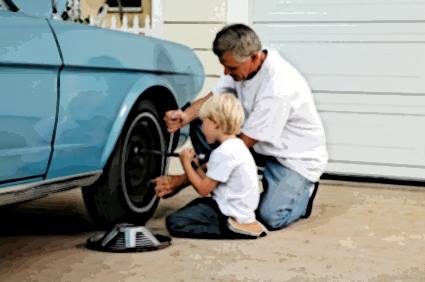The 100 Year Wave
Posted on Aug 1, 2020 in Antique | Comments Off on The 100 Year Wave
“The times, they are a changin” was not just a song by Bob Dylan, it is a fact confirmed each day by the unrelenting advance of modern technology. As true as this statement is, it should be noted that as the times change, parts of the past disappear.
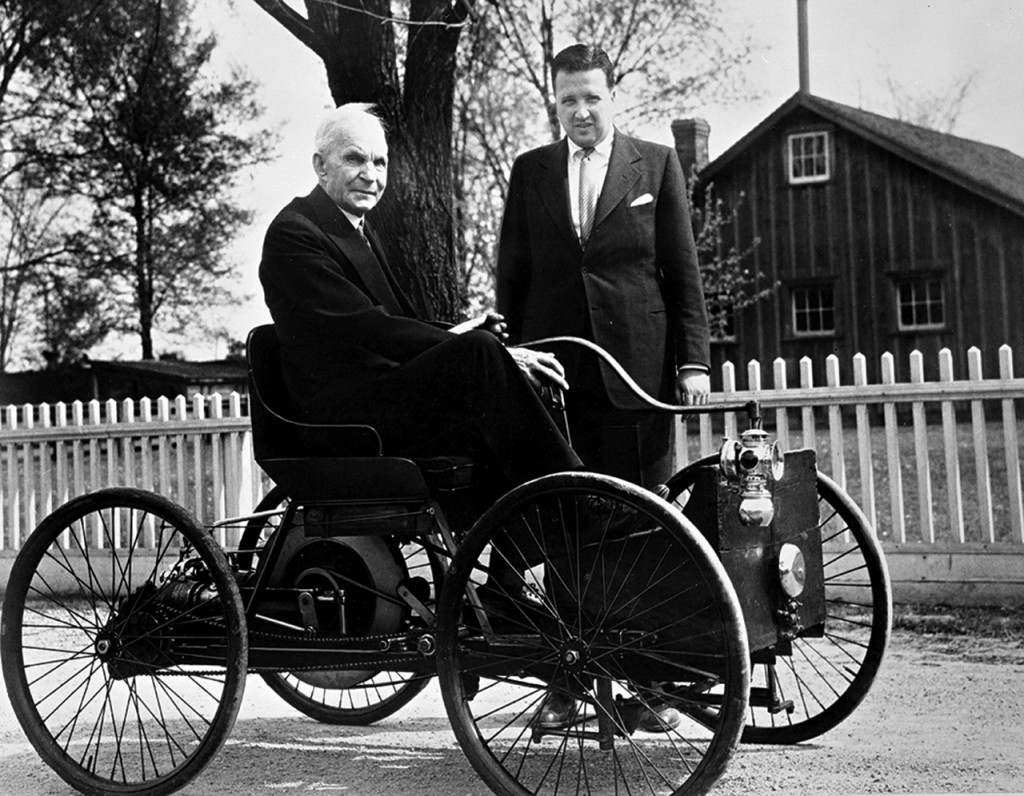
During a recent conversation about music, I came to realize that many people under the age of 18 have never heard Mr. Dylan’s song. Worse yet, they have never even heard of Bob Dylan, or Janis Joplin or even Jimi Hendrix. This same lack of history holds true for other areas. Most Americans could not tell you who Alexander Hamilton was, or why we celebrate the 4th of July, and only a surprising 9% of fourth graders can identify Abraham Lincoln on the 5 dollar bill.
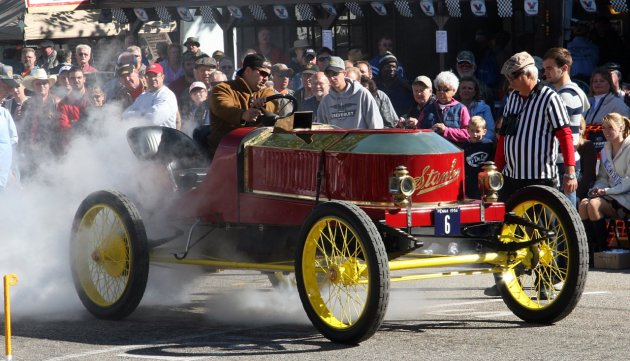
In the past, only kings, governments, and the greatest scholars would have access to a large library. Today, every one of us with an internet connection has access to EVERY library and archive on earth. For some reason, that access is not translating into knowledge or understanding. It could be because we are conditioned to see only what we search for, ignoring ads and other content, or just that we are overwhelmed. This loss of “book learning” is compounding another loss; the growing divide and lack of communication between the generations. The result is that our young people have no connection to the past, either orally or through scholarship.
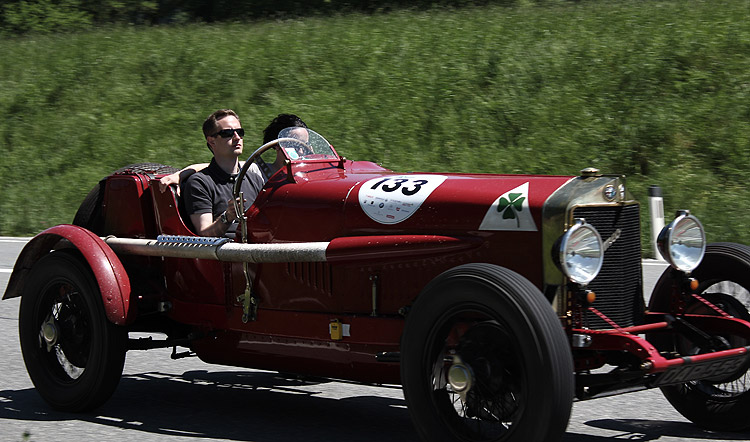
In our world of gearheads and car lovers, a lot of the knowledge is passed from generation to generation. Sure, automotive services are taught in vocational schools, but traditional knowledge is passed from father to son by working on the family car, puttering around the garage or going to car shows. It is in this way that stories and memories transcend the generations. But this transfer of tradition and experience is limited by a much shorter time span than that of books. If we assume the average life could last 100 years (76 for the US), then that is the maximum time we have to learn from our elders.
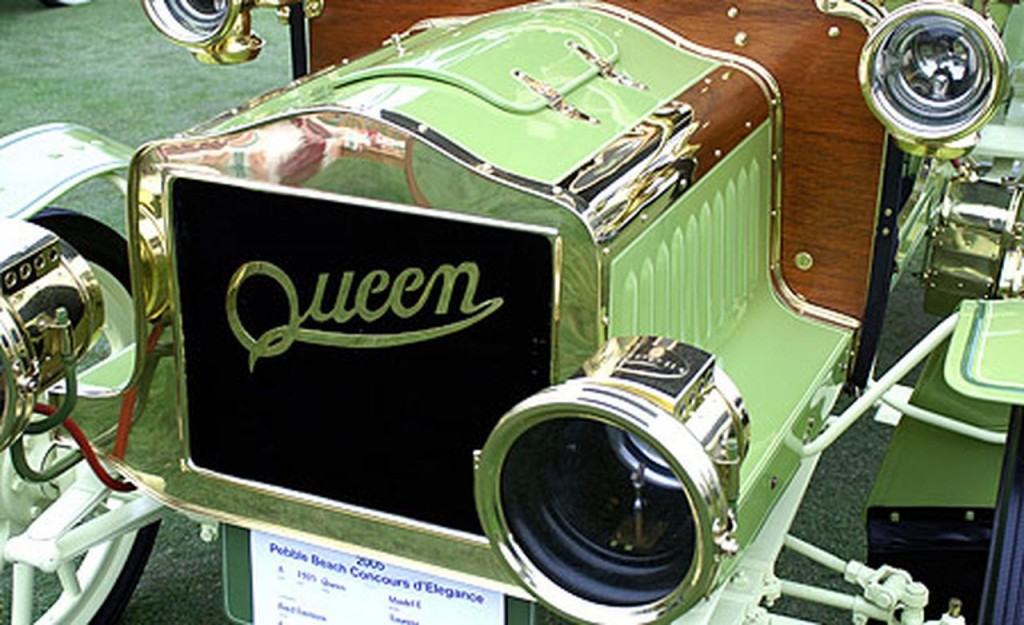
I call this time span the “100 Year Wave.” It can be explained quite simply: In 2013 you will be hard pressed to find someone that was alive in 1913, which means that unless the experiences of that person was transferred, the information is basically lost. That line marches forward every minute of every day in a wave, swallowing up time and knowledge. Because of this time limit, it is important to talk and learn from those who have direct experience in a previous era. Too many times I see generations separated at car shows and events, never speaking to each other.
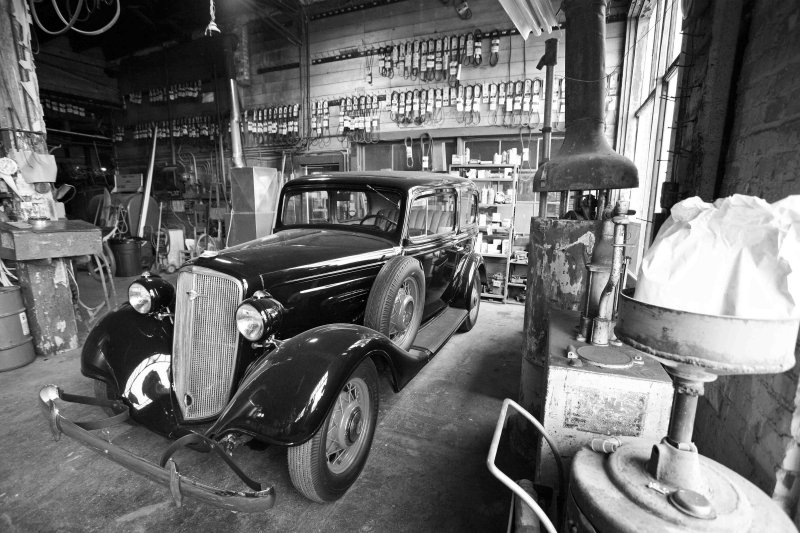
What can we do to correct these problems in our own gearhead community? First, I think automotive history needs to be taught in school, and not just the mechanical and auto body courses taught at vocational schools. Cars helped create this world, made us a mobile society, and is one of the main factors in our advancement. Considering that many universities include courses like “Underwater Basket Weaving”, “The Science of Harry Potter” and “How to Watch Television” (all actual courses), I am sure they could find room.
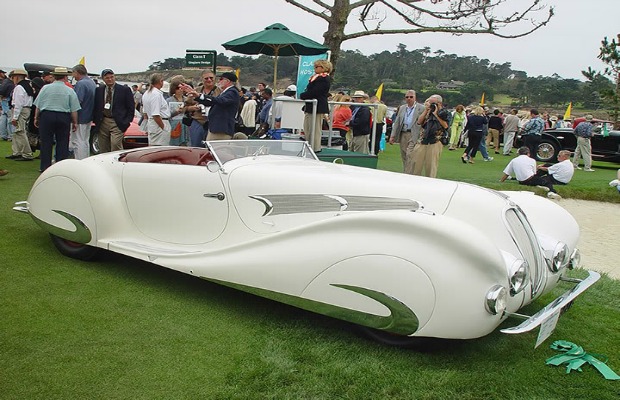
Most people are not aware of the early attempts at building a car, the efforts of men like Verbiest in 1623, Cugnot in 1769, and the work of Benz, Daimler, Maybach, Renault, Olds, and Duryea. While there is an understanding of the importance of Henry Ford, not many realize the implication of his method of manufacturing, or the benefits mass production had on the world. People should study the brass era, the time of coachbuilding and vintage cars, and the effects of WWII on the world’s auto industries. There should be courses on the history of car design, the art deco era, and the rocket and space age in design. Plus, there should be study on the corporations themselves, since much of the history of companies like Ford, GM, Fiat, and Ferrari read like “Peyton Place.” The automobile has changed our lives, our cities, our families and even our future. Colleges and universities should make automotive history an integral part of their curriculum and pay it the respect it deserves.
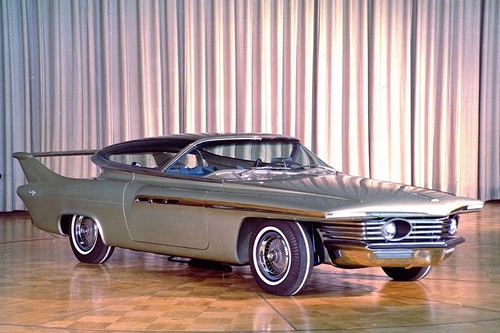
Next, I think that we need to involve more people at car clubs and events. Right now most automotive historian groups are not much more than a place for old people to have lunch and hand each other trophies. Courcours and museum sponsored lawn events are too stand-offish, and have become a place for rich people to show off. Local car shows are better, but are still cliquish and not very educational.
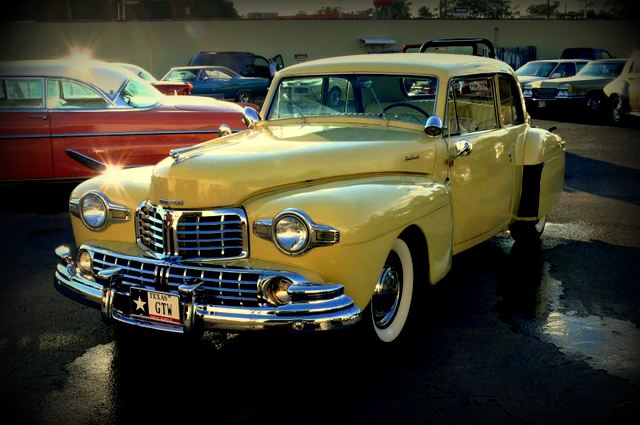
What we need is for car events to become more interactive. Rather than displaying the cars like produce, with the owners hidden in folding chairs behind them; they should be out front talking with people. There should be featured cars, guest speakers and innovative ways to include the community. Facebook is loaded with younger people trading car photos, but with little direction. Wouldn’t it be great if the older groups started to get the younger people involved? Automotive history should be a priority, and each club and event should develop ways for the generations to sit down and talk to each other before it is too late.
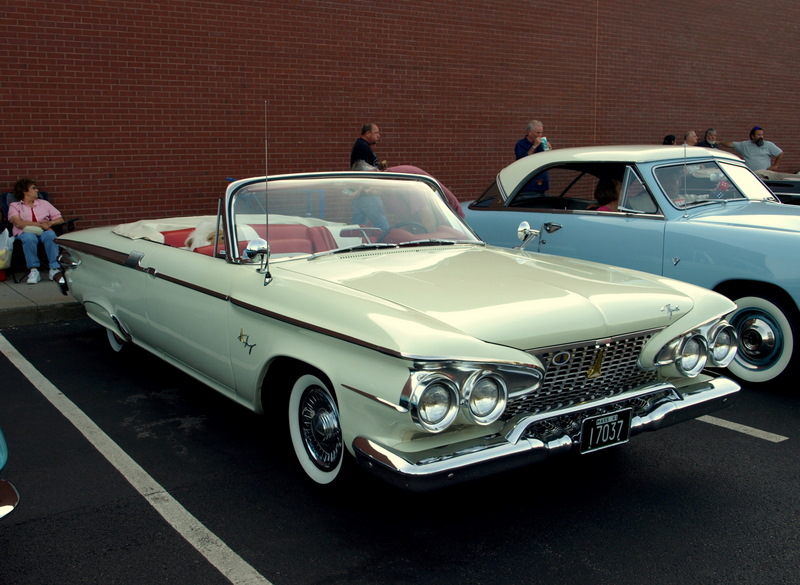
We live in a time where change is constant. In the past 10 years we have lost brands like Pontiac, Plymouth, Oldsmobile, Saturn, Saab, Suzuki, Daewoo, Isuzu, Hummer and Maybach. We have also lost a great many legendary automotive icons and leaders, designers and engineers. Pre-war cars are getting rarer and rarer every day, and it would be a sad world if the only place you could experience one was from behind stanchions and ropes in some pretentious museum. The 100 Year Wave is forever moving forward through time, and unless we take advantage of the experience around us, it could be lost forever.
